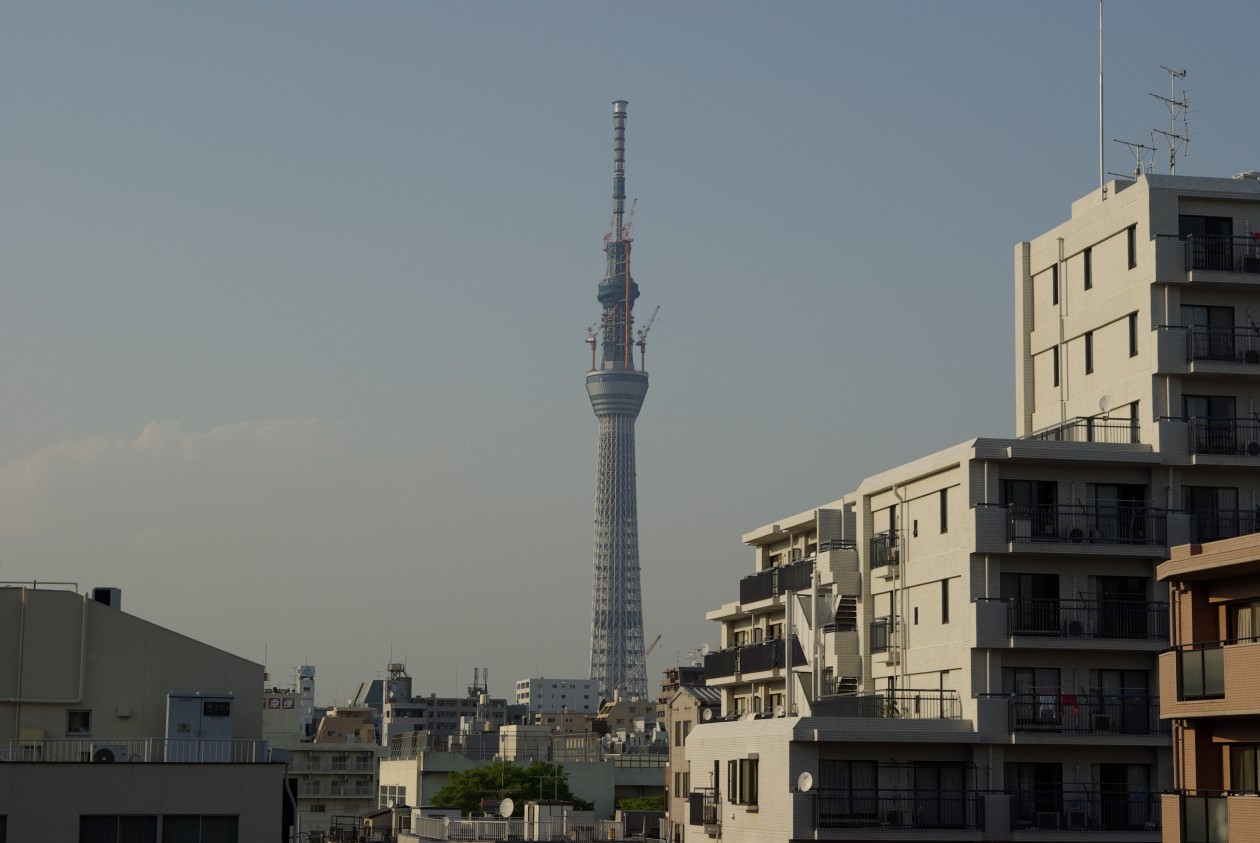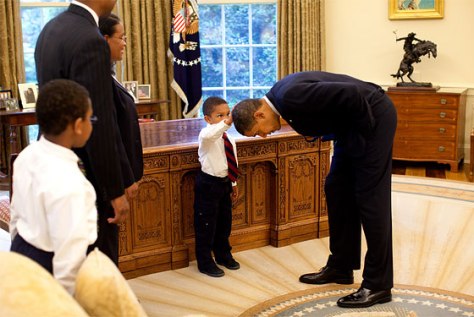This kanji, pronounced “rei”, signifies “respect” – respect for someone else. Not only is it a greeting, it is more: it is an acknowledgement of another person and their personal space.
In Japan this idea is shown by not intruding on another person’s personal, physical or emotional space. One can bow from a distance, or from nearby, but distance and respect and decorum are maintained. The following photos clearly show what bowing or “ojigi” is all about: it is a formalised acknowledgement of any other person by lowering oneself. That is the way to show respect.
In plainer words one would say: know your place and show that you are only one of a group – and the group is more important than the one. It’s all about The Team.
A criticism heard regularly about the West and particularly one hears it about the younger generation is the perception of “self”: it’s all about me. I want. Of course self is important, but group harmony is more important. The self cannot survive without the group. That is at times a conflicting idea between East and West.
The meeting will start with showing respect to the audience: the audience is acknowledged for making the effort to be present.
The staff is trained to acknowledge the customer: the customer could have gone to another shop, but didn’t.
Thank you.
This Prime Minister acknowledges Parliament by whose existence he is able to do his office: thank you, that I am allowed to make a contribution. Do not be mistaken: the Prime Minister has real influence, but… he is one of a team – it is The Team that makes the decisions. The Team can and will replace him. (Actually, The Team has already)
“Thank you”. You have made it possible for me to make your journey safer and happier. This picture, indeed this man, shows he is part of the Soul of a Nation.
Thank you for coming.

In a most formal setting:
Thank you for fighting me.
Thank you in three ways.
Recently the media made much of a moment in history: the President of the United States meeting the Emperor of Japan. It was a momentous occasion and President Obama bowed. It is unusual for heads of state to show such deference as protocol does not require it from any heads of state.
However, it would have been a momentous occasion even for Mr President. Having lived for many years as a teenager in Asia he would have almost instinctively fallen back into what he had learnt as a youngster. While in the presence of others one lowers oneself – it would have been an instinctive reaction of modesty. Of course Mr Obama is acutely aware of his own political power, but this meeting is not about power, it is about the moment.
Her Majesty the Empress recognises the moment and she acknowledges Mr President’s gesture, so she also breaks with protocol and shakes Mr Obama’s hand, as that would make him feel comfortable in his cultural environment; it is the grace of age, experience and kindness.
Thank you for acknowledging us, so let us acknowledge you in your dignity. Her Majesty speaks flawless English and she would have understood and appreciated the president’s gesture: Thank you.
Their Majesties receiving other guests.
Skynews
Now compare this with the following behaviour:
Aiyaiyaiyai… The President of China would have thought Mr Bush had wanted to stop him from jumping off the platform. Either that, or maybe Mr Bush thought the President of China was his grandson. By the way, the President of China speaks fluent English.

rei – れい
Interesting:
The word for ’rude’, 失礼 or しつれい,
or ‘shitsurei’, means ‘without respect’.
Now you understand the background to ojigi, you may amuse yourself:
Of course, this is nonsense, just in case you thought… You did?!
The boy is fascinated!
Of course not! He loves and feeds the animals!

































